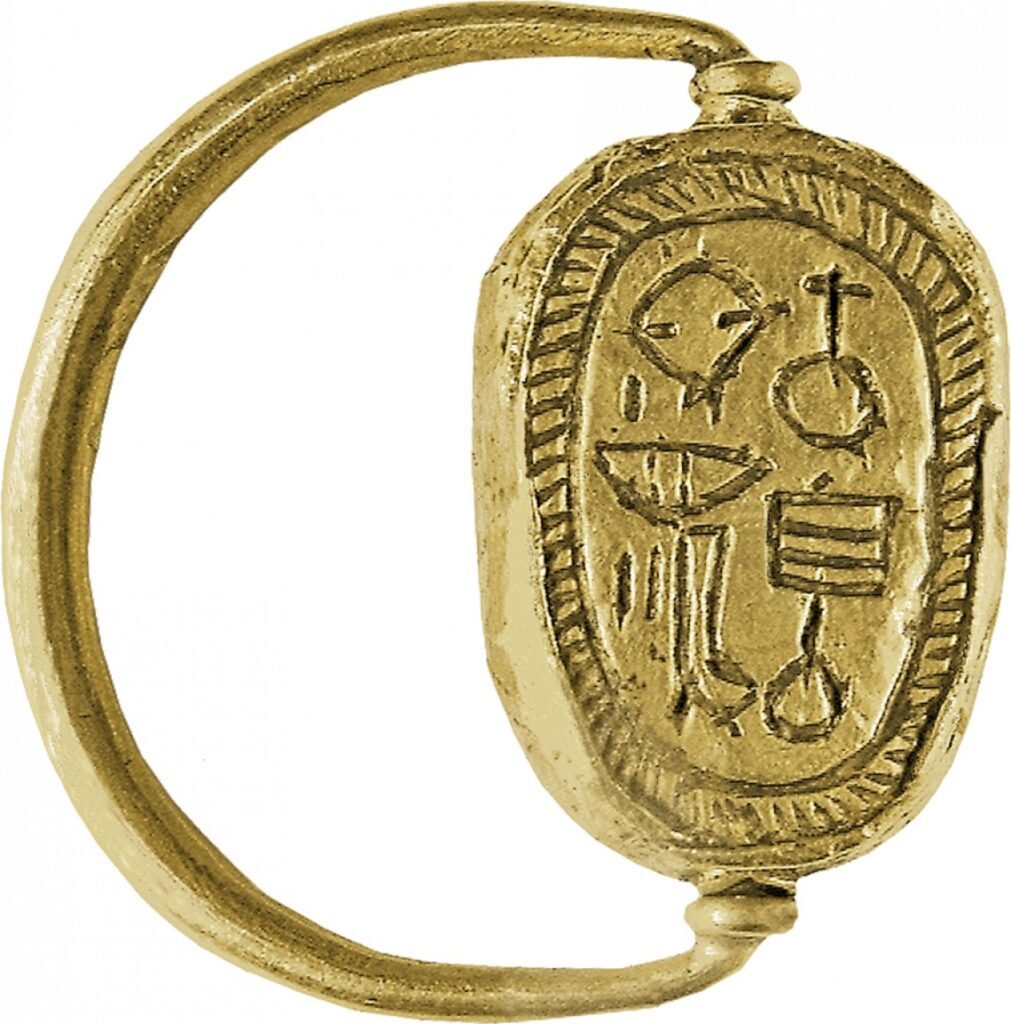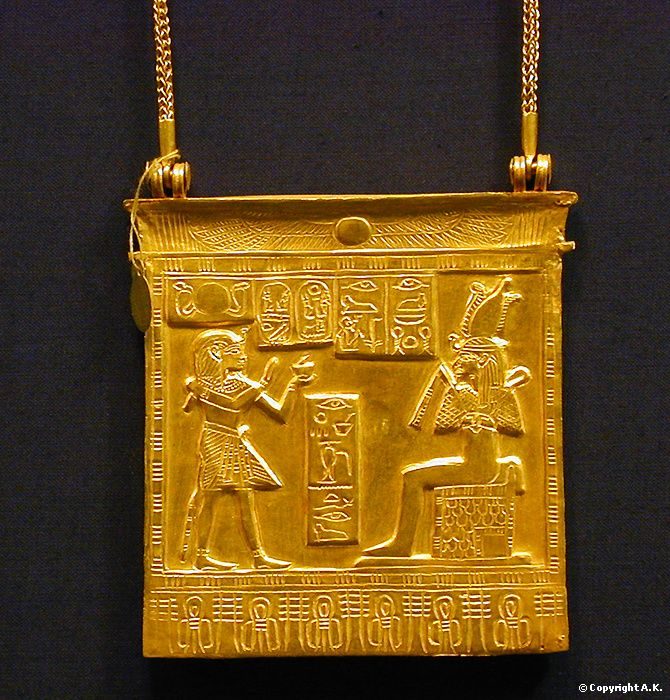Since the dawn of civilization, cultures around the world have embraced gold for its aesthetic appeal and inherent functionality. But who were the first people to discover gold, and how did it impact their society?
The truth is that nobody really knows exactly which group of people first discovered gold. It’s hard for historians to pinpoint the discovery of an element to one specific place or point in time. The discovery of gold most likely occurred simultaneously in several different parts of the world. But we do know that one of the first civilizations to mine and use gold was the ancient Egyptians.
Gold in Ancient Egypt
Ancient artifacts discovered throughout the centuries have led scientists and historians to believe that the Egyptians first began mining gold around 3100 BCE, before the first developments of written language. That’s pretty remarkable – even before the Egyptians invented hieroglyphics, they mined and collected gold!

Egypt’s First Gold Mines
At its height, the Egyptian kingdom was the largest and most powerful kingdom on the African continent, and one of the most prominent societies in the Mediterranean and Asia Minor regions. Egypt’s most prosperous region was Nubia, where we believe that the world’s first active gold mines were constructed. The name “Nubia” is rooted in the word “nub,” the Egyptian word for gold.
Gold was harvested from the mines of Nubia for thousands of years. It made the kingdom incredibly wealthy, and soon gold played an integral role in Egyptian society. For centuries, only pharaohs, religious leaders, and a handful of wealthy elites owned gold.
The First Uses of Gold
For the first 3000 years, Egyptians used gold primarily for jewelry and religious items. Even so, their methods of working with gold were incredibly sophisticated. The gold mined in Nubia mainly came in the form of electrum, a naturally occurring alloy of gold and silver.
Peoples’ instinctive desire to separate the silver from electrum and be left with pure gold led to the very first assays – procedures in which gold and other metals are melted down and separated. The Egyptians started assaying as early as 4,000 BCE, when early metallurgists discovered that if they added salt to their melts, it would bind with the silver. This bind of salt and silver would then evaporate in a thick mist of sodium chloride. Pretty interesting stuff!
In 1500 BCE, Egypt began using gold as a currency. These early coins were called shekels, and they were minted from electrum. The practice of using gold as a form of money quickly spread throughout Asia Minor, and it was perhaps one of the single most important moments in the history of currency. In the first 2500 years since the initial discovery of gold, it went from being purely decorative to the unit by which the civilized world measured value.
Gold: From Ancient Egypt to Today
In today’s industrialized world, it’s fascinating to imagine how abundant gold must have felt for the Egyptians. Imagine being some of the first people on Earth to mine this precious metal – the supply probably seemed endless!
Gold’s mysterious allure has captivated the hearts and minds of civilizations for thousands of years, and gold has remained a significant commodity in our world to this day. In fact, the price of gold has reach all-time records highs lately. As of April 2024, gold is valued at a whopping $2,390 per ounce!
If you’re looking to sell your gold, silver, platinum, and palladium, we’re here to help. Start your shipment today.
Established in 1892, we have more than a century of precious metals refining experience. We serve various industries, including dental offices, private individuals, jewelers, pawnbrokers, and more!

